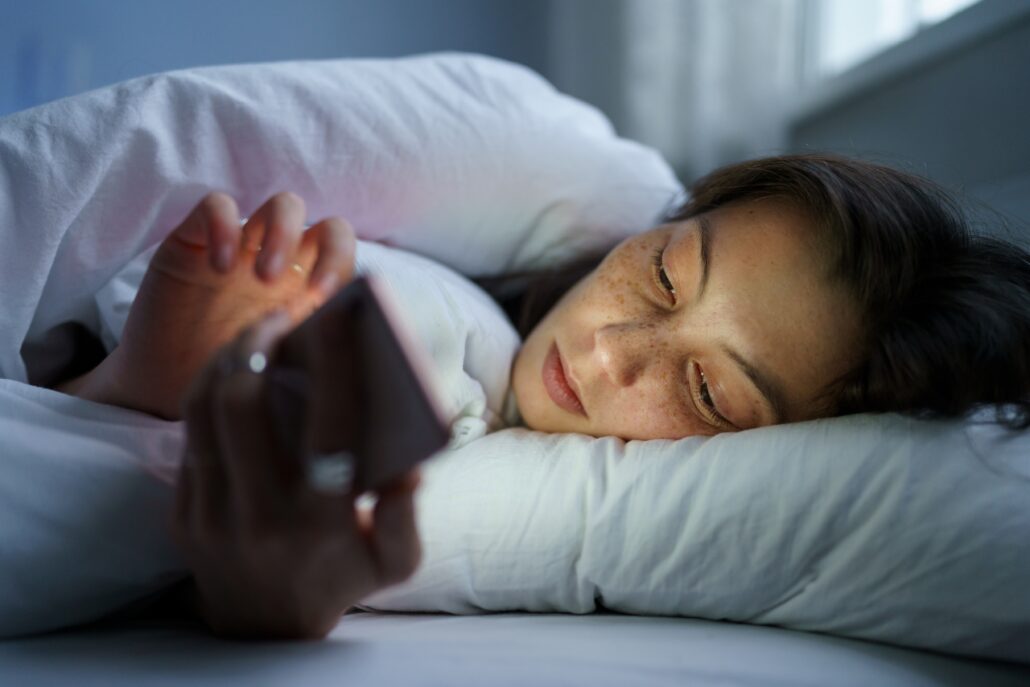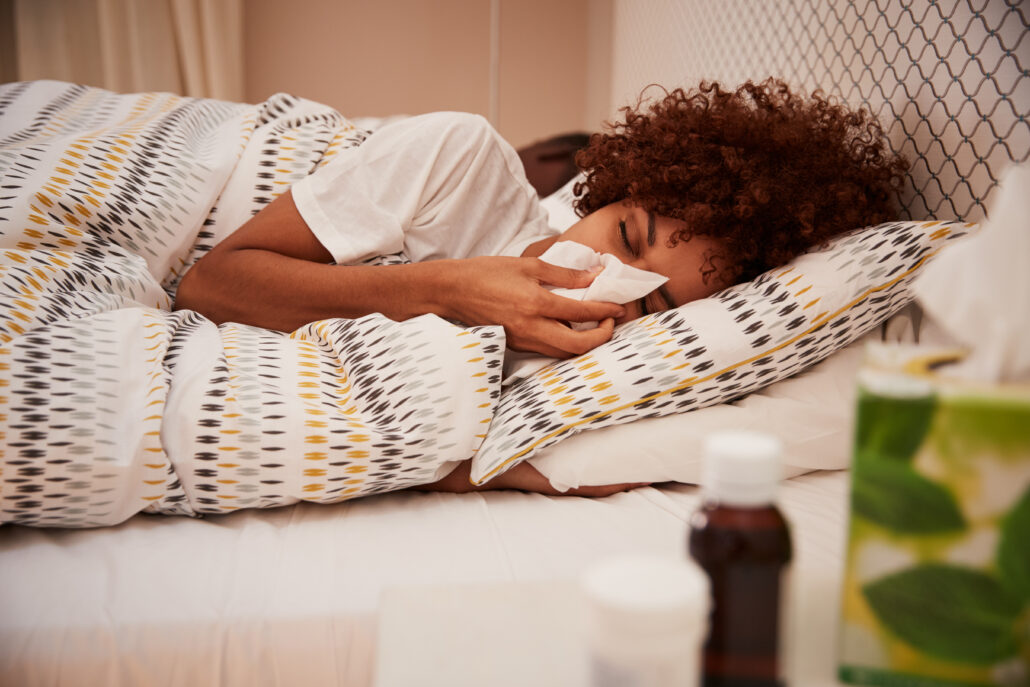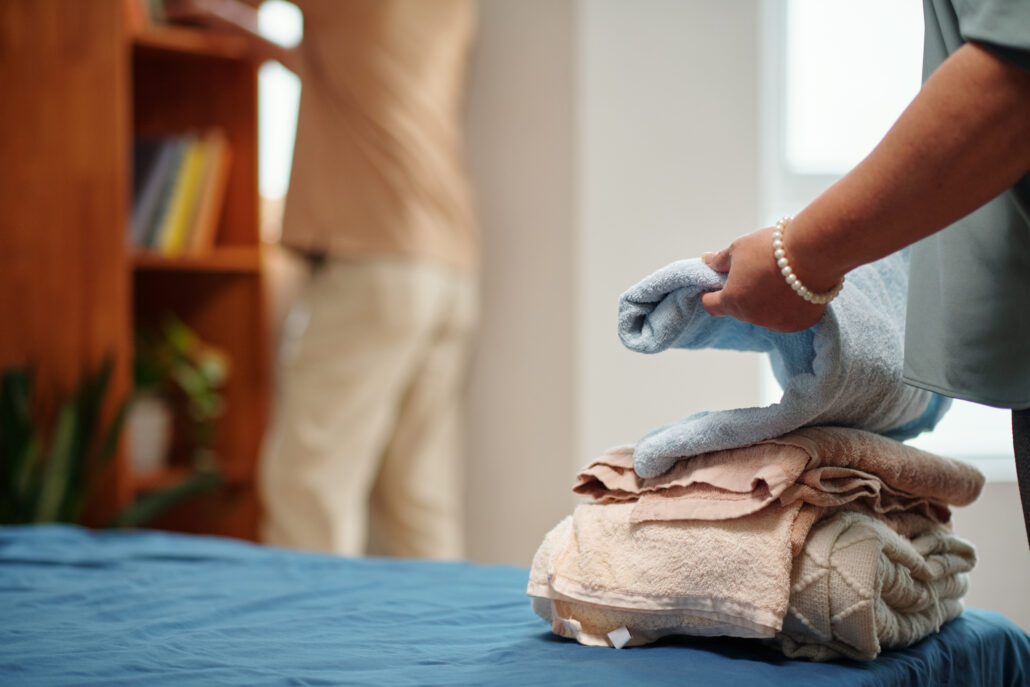
You might think it’s candles, satin sheets and massage oils that get people revved up for romance, but the evidence is increasing that sleep is closely connected to sexual arousal. Let’s find out why better sleep leads to better sex and what you can do to get more of both.
For Women, Sleep Improves Sexual Desire
A 2015 study published in The Journal of Sexual Medicine showed that women over the course of a two-week period were 14% more likely to engage in sexual activity after they slept just 1 additional hour. In this case, more sleep equals more sex.
“Sleeping well every night improves your overall mood, which means you could be more interested in having sex,” says Mary Helen Rogers, vice president of marketing and communications for the Better Sleep Council.
When we lose sleep, we lose energy, focus and even self-esteem. Without those three qualities, it’s almost impossible to get aroused. Unfortunately, women tend to be more sleep-deprived than men. To maintain a healthy sex drive, try getting 7-8 hours of sleep each night.
For Men, Sleep Is Testosterone Time
Testosterone is a key driver of sexual behavior. This is true for both genders, but especially for men. And it turns out, the majority of testosterone release happens during sleep.
In a study conducted by the University of Chicago, men who were subject to one week of sleep deprivation – which the study considered 5 hours per night – had their testosterone levels decreased by 10% to 15% the following day. That far exceeds the 1% to 2% drop in testosterone men experience in a year as a normal part of aging. Wow.
“Our body makes many beneficial hormones during sleep, while getting rid of the bad ones,” added Rogers. “Sleep is when our brain gets rid of toxins and we’re able to stock up on hormones that are important for our immune system, managing stress and more.”
Sleep Can Be a Turn-on Even When You’re Alone
Ever woke up after an intense erotic dream? Remember how real it felt? Well, that’s because it most likely was real, biologically speaking.
Sleep studies have proven that both men and women can experience periods of sexual arousal – even orgasm – during REM sleep, which is the same stage of sleep when we’re likely to dream. It’s an opportunity for you to experience the pleasure of sex without consciously engaging in it. All you have to do is spend time in the deep sleep zone.
(BTW: If you want sexier dreams, you might want to try sleeping in a different sleeping position. A 2012 study published in the academic journal Dreaming found people who ZZZ on their stomachs are much more likely to have XXX dreams.)
Get Turned on to Better Sleep
“For years, the Better Sleep Council has recommended that the bedroom be used for mainly sleep and sex,” says Rogers. “This research continues to prove how closely related the two activities are. And who doesn’t want to improve their satisfaction with both?”
Check out the relationship between your sleep and sex life, and learn from @BetterSleepOrg why more of one might lead to more of the other. #BSCSleepTipsSources:
- https://www.jsm.jsexmed.org/article/S1743-6095(15)31025-0/fulltext
- https://www.ncbi.nlm.nih.gov/pubmed/23055029
- https://www.ncbi.nlm.nih.gov/pmc/articles/PMC4445839/
- https://www.medicalnewstoday.com/articles/276013.php
- https://jamanetwork.com/journals/jama/fullarticle/1029127?resultClick=1
- https://link.springer.com/article/10.1007/BF01541556
- https://www.medicaldaily.com/why-sleeping-your-stomach-leads-more-erotic-dreams-241863
This blog provides general information about sleep and sleep products. The words and other content provided in this blog, and in any linked materials, are not intended to replace a one-on-one relationship with a qualified heath care professional. This blog should not be construed as medical advice or used to diagnose, treat, prevent or cure any disease or condition. If the reader or any other person has a medical concern, he or she should consult with an appropriately-licensed physician or other health care professional. This blog is not a substitute for professional medical advice, diagnosis or treatment, and should not be relied upon to make decisions about your health or the health of others. Never disregard professional medical advice or delay in seeking it because of something you have read on this blog or elsewhere on bettersleep.org. If you think you may have a medical emergency, immediately call your doctor or dial 911



